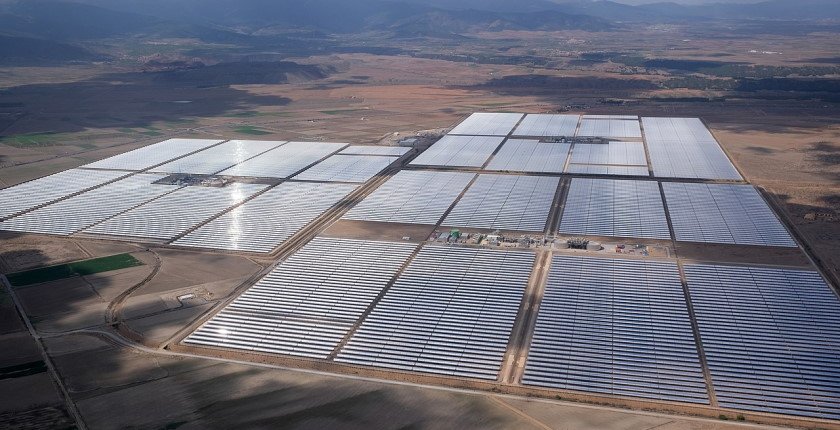Romania’s state-owned hydropower company, Hidroelectrica, has canceled a tender for a 1.5 GW solar power project in the Oltenia province, citing legislative hurdles.

Romania’s state-owned hydropower company, Hidroelectrica, has canceled a tender for a 1.5 GW solar power project in the Oltenia province, citing legislative hurdles. The project, which would have been the largest in Europe, aimed to install a photovoltaic plant on 2,200 hectares of unproductive agricultural land in Dolj County.
Hidroelectrica attributed the cancellation to the “impossibility” of concluding a contract under the current legal framework. The company had previously earmarked EUR 604,000 for feasibility studies and had secured national importance status for the project. The solar power plant was also expected to include a 300 MW energy storage facility and generate an estimated 1.75 TWh of electricity annually.
The cancellation comes amidst concerns from private renewable energy companies regarding the country’s legislation, which restricts their ability to build projects on more than 50 hectares outside urban areas. This restriction has been a source of frustration for developers, who argue that it is hindering their efforts to contribute to Romania’s renewable energy goals.
Despite these setbacks, the country remains committed to expanding its renewable energy footprint. Rezolv Energy and Monsson are currently developing a 1.04 GW solar power project in western Romania, while German company Profine Energy is considering a floating solar power plant in neighboring Bulgaria.
Established in 1990, Hidroelectrica is a prominent provider of technological services and power production within Romania’s National Energy System. It is overseen by a Supervisory Board and Management Board. ConEL was used to reform Romania’s energy industry in 1998, creating four subsidiaries: Termoelectrica, Electrica, Hidroelectrica, and Nuclearelectrica.
In 2000, these businesses became wholly controlled by the state, and Transelectrica was founded. The goal of the 2001 energy system development and modernization plan, which included Hidroelectrica, was to pull in private funding to finish the projects that had been started.
With a record-breaking turnover, a 1.1 billion lei gross profit, and the lowest manufacturing price in the previous five years, Hidroelectrica concluded the 2014 fiscal year in the best financial standing. With a 3.2 billion lei turnover, 1.6 billion lei net profit, and 69% EBITDA in 2017, the firm achieved record results.